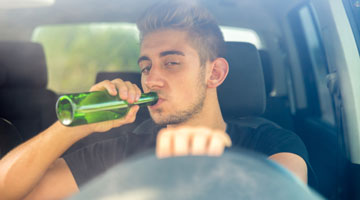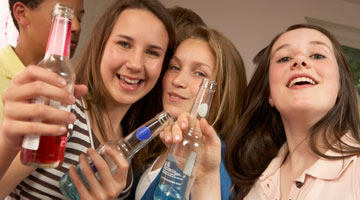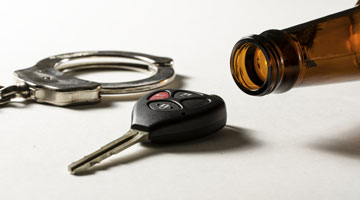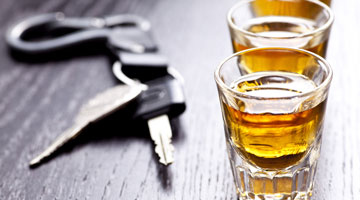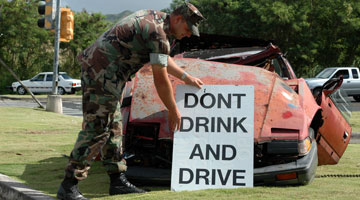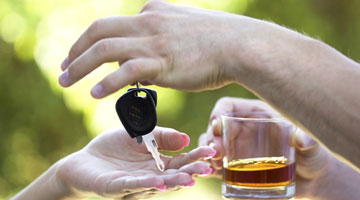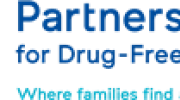Alcohol Use
Teen Drinking
The teen years are some of the most confusing and trying times in a person’s life. While some teens may sail through them without a glitch, others get sidetracked and start to experiment with different substances, often starting with alcohol. Teen drinking has reached epidemic proportions over the past decade.
As kids grow into teenagers, they enter a vulnerable stage in their lives as they attempt to traverse the bridge from childhood into adolescence. Two of the most challenging decisions, for an individual that is not properly prepared to make difficult choices are whether to experiment with drugs and alcohol. By virtue of fact that these kids are so young and lacking the worldly experiences, they are ill prepared to deal with the consequences that follow, i.e. Addiction.
Some believe that teen drinking during adolescence is part of self-exploration. Curiosity, exploration, and the trying of new thing are considered perfectly normal. Most teens that have fallen victim to teen drinking were more than likely dealing with one or more
... Read more
f these stressors:
Peer pressure
- Peer pressure is very powerful, especially during adolescence.
- Insecurities are raging
- There is an overwhelming desire to be accepted saying “no” is extremely difficult-the repercussions ae painful, ranging from being mildly teased or laughed at to humiliation, rejections and even bullying
Treated as an adult
Adolescents believe they have passed the threshold into adulthood and feel they need to be treated as an adult. As a moth drawn to a candle, so too these young kids are drawn to “adult” things. They want certain privileges, such as drinking alcohol, smoking, and drug use. These create the illusion of maturity; the kids underestimate their vulnerability and overestimate their maturity.
Mimicking behaviors
More often than not, teens that grow up in an environment of alcohol or drug abuse tend to mimic this behavior. That is what they have seen and learned, so it comes as no surprise that teen drinking is rampant. Additionally, they have easy access to the stuff if it is all around them.
Some kids may have experienced traumatic childhood experiences, such as neglect, or abuse; they tend to shun the drugs and alcohol all together.
Curiosity
The desire to explore the world and try new things is a powerful influence. With more autonomy, less supervision and endless hours of being left home alone, kids have the perfect storm for teen drinking. Curiosity about what it feels like to get drunk or high can be very strong.
Boredom
Teens need to be stimulated continuously. Being a restless teen with restless friends will get them into trouble for sure. The slippery slope to drug addiction or teen drinking starts with passing the time, passing the beer, and passing a few hits.
Self-medication
Dealing with emotional pain by using alcohol or drugs is form escapism, making it somewhat more bearable. Getting high or drunk will temporarily numb or ease their pain, providing a means of escape.
Rebellion
Rather than talking to their parents about their frustrations, constant nagging, overly strict rules, or religious hypocrisy, teens rebel by turning to alcohol or drugs — especially if this embarrasses their parents or riles them up.
Ignorance
Some people view teen drinking or experimenting with drugs as a sort of innocent, harmless, post-pubescent “rite of passage”. It is neither innocent nor harmless. From the outside looking in, those who are “doing it” are having fun—why should they be the ones missing out?
Some say “ignorance is bliss”-however, finding himself or herself in jail the next morning or hearing about the death of a friend who drove home drunk quickly shatters the blissfulness.
On becoming addicted
No one uses alcohol or drugs with the intention of becoming addicted. What may have started out as having fun, teen drinking or other substance abuse can become addictive very quickly? If a teen feels they have no one to turn to, and nowhere to run to, this downward spiral will continue, sometimes with tragic results.
What you can do
Communicate with your teen. Communicate the dangers of teen drinking and drug abuse. Open up the channels of communication by NOT lecturing, NOT being condescending, and NOT being overly dramatic. Talk openly with them.
Let your child know you are speaking from unconditional love, understanding, heartfelt compassion, and genuine concern. Help them understand that you recognize the challenges and stresses they face and that you are there to see them through it all.
Keeping the doors of communication is equally important; let your child know that he or she can confide in you, talk to you, and ask any questions they may have about alcohol or drugs at any time without fear of judgement.
If you discover that your teen is already abusing drugs or into teen drinking, seek help immediately. Talk to your insurance provider and seek help finding a treatment center or specialist that can help.
You may think that you cannot afford it, but you certainly cannot afford NOT to make the call.





